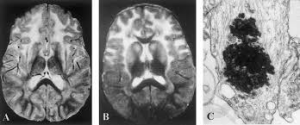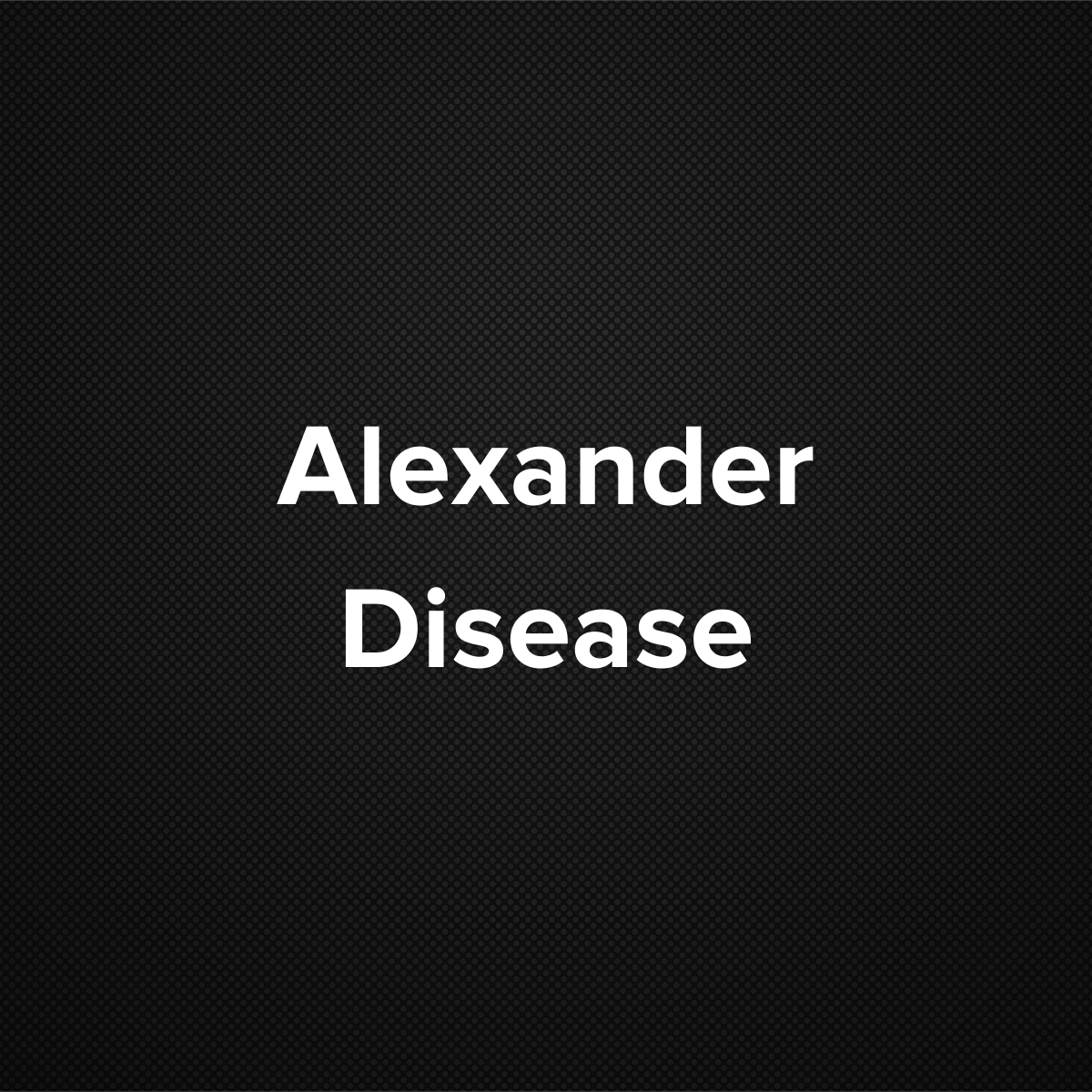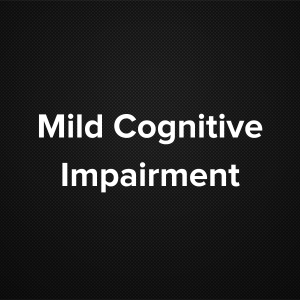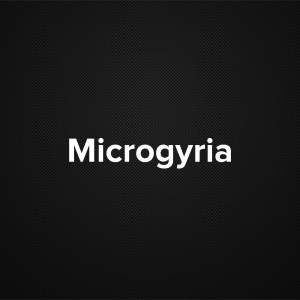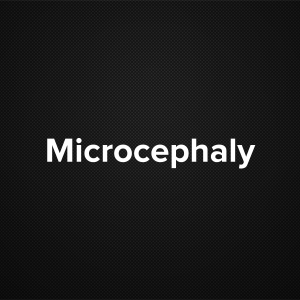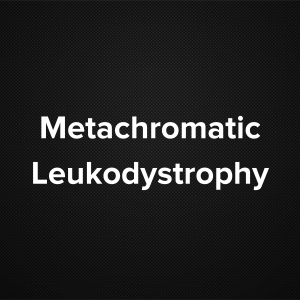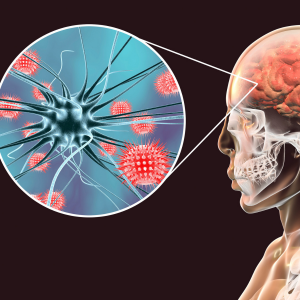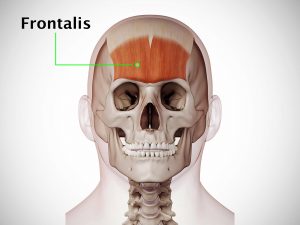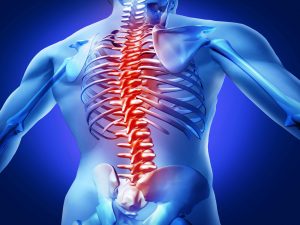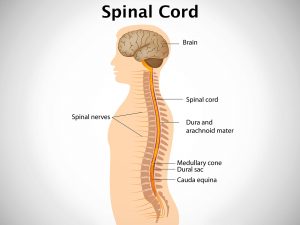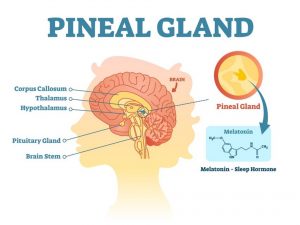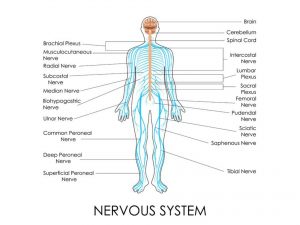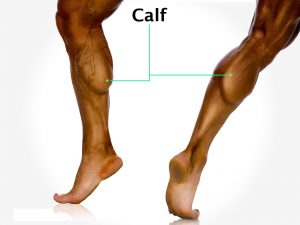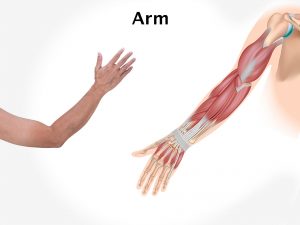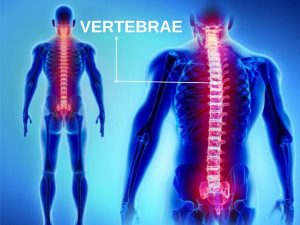Causes and risk factors
Mutation in the gene for glial fibrillary acidic protein causes the disease. It is inherited as an autosomal dominant pattern, which means only one abnormal gene is required from either parent to pass on the disease.
Clinical presentation
The disease is more common in infants and children. Infantile symptoms develop during the first two years of life. There is loss of developmental milestones. Macrocephaly may be seen. Seizures can occur. Stiffness in arms, spasticity is seen. Intellectual disability occurs. The juvenile form may present with vomiting, difficulty in swallowing, poor speech, lack of motor skills. Adult form is rare and may present with symptoms similar to Parkinson’s disease or multiple sclerosis. Psychiatric disorder may be present.
Investigation
Medical history by the patient and clinical examination by the doctor helps in diagnosis. Alexander disease is diagnosed by MRI brain and by genetic testing. More than 2 of the following features confirm the diagnosis of Alexander disease – big head, seizures, stiffness in arms, spasticity, intellectual disability.
Treatment
There is no cure or standard treatment plan for Alexander disease. Treatment is supportive and symptomatic.
